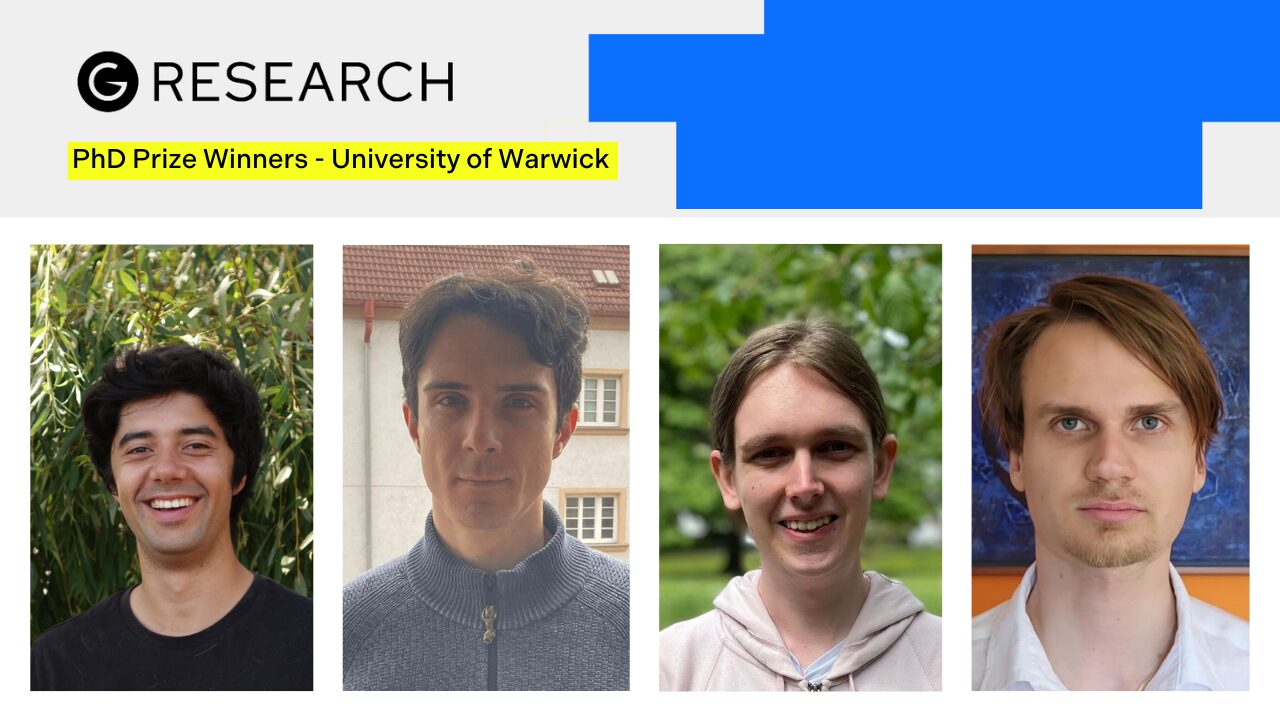As part of our diamond sponsorship of ICML and commitment to learning and development, a group of our researchers and engineers attended this year’s conference, held in Baltimore, USA.
Our researchers have pulled together reviews of their favourite ICML papers of 2022, giving insight into exactly what excited them about these papers.
Follow the links to read each set of ICML 2022 paper reviews.



